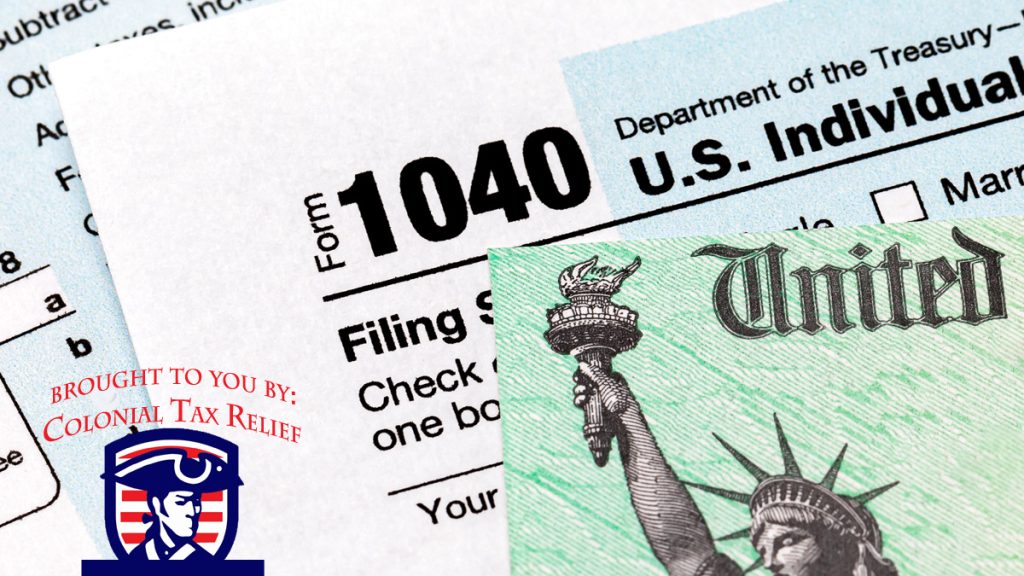Penalty Abatement: Everything You Need To Know


Penalty abatement can be a lifeline for you if you deal with financial strain due to IRS-imposed penalties.
During tax season, you can find relief through programs like the First Time Penalty Abatement, which grants forgiveness for certain penalties to eligible taxpayers with a clean compliance history.
Make sure you explore these options proactively for a smoother and more manageable resolution of tax obligations. Navigating penalty abatement with help from an expert can bring much-needed financial relief, giving you a chance to deal with your tax situation with more flexibility.
Disclaimer: The information provided in this article is for educational and informational purposes only. It is not intended as legal or financial advice. For tax advice, contact tax professionals such as Colonial Tax Relief.
Table of Contents
What Is Penalty Abatement?
Penalty abatement offers relief from the burden of tax penalties imposed by tax authorities. This process lets eligible taxpayers request forgiveness for penalties assessed on their outstanding tax liabilities.
Whether through the First Time Penalty Abatement program or by demonstrating reasonable cause, penalty abatement provides a pathway for you or your business to alleviate the financial strain from tax penalties and end up with a more manageable tax load.
First-Time Penalty Abatement Explained
The First Time Penalty Abatement (FTA) program is a special form of tax relief for eligible taxpayers who have a clean compliance history.
Under FTA, qualifying individuals or businesses may receive forgiveness for certain penalties associated with their tax liabilities. This one-time opportunity gives you a way to rectify your compliance without the burden of additional penalties and get some much-needed financial relief.
Call (833) 829-2778 today for tax relief today!
What Are Reasonable Causes for IRS Penalty Abatement?
The IRS considers all of the following penalty abatements for reasonable cause:
- Unavoidable Events: Demonstrating that the failure to comply with tax obligations was a result of unforeseeable events, such as natural disasters, accidents, or serious illnesses.
- Ignorance of the Law: Proving lack of knowledge or understanding of tax laws, especially if the taxpayer made a reasonable effort to comply but was unaware of specific requirements.
- Death or Serious Illness: Providing evidence of death or severe health issues affecting the taxpayer or a close family member, hindering their ability to meet tax obligations.
- Errors by Tax Advisers: The IRS acknowledges when a penalty arises due to errors or misinformation provided by a tax professional, assuming the taxpayer made a reasonable effort to select a competent adviser.
- Inability to Obtain Records: Demonstrating the inability to obtain necessary financial records despite reasonable efforts, making it challenging to fulfill tax obligations accurately and on time.
- Fire or Casualty Loss: Proving that a fire or casualty loss resulted in the destruction of records essential for tax compliance, affecting the taxpayer’s ability to meet obligations.
- Civil Disturbances or Postal Issues: Highlighting situations like civil disturbances or postal delays that prevented the timely submission of tax documents or payments despite the taxpayer’s best efforts.
- Reliance on Erroneous Advice: Indicating that the taxpayer relied on professional advice or official IRS publications that later proved to be incorrect, leading to non-compliance.

What Are Common Tax Penalties?
Common penalties that you or your business might deal with include:
- Failure to File Penalty: Incurred when a taxpayer doesn’t submit their tax return by the deadline or obtain an extension
- Failure to Pay Penalty: Applied when a taxpayer doesn’t pay the full amount owed by the tax filing deadline, even if they filed an extension
- Accuracy-Related Penalty: Imposed for substantial understatements of income, negligence, or disregard of tax rules and regulations
- Late Payment Penalty: Levied on the amount of tax not paid by the due date, even if the return was filed on time
- Underpayment Penalty: Applied when a taxpayer fails to pay the estimated tax amount required by quarterly deadlines
- Trust Fund Recovery Penalty: Applicable to individuals responsible for withholding payroll taxes on behalf of employees but failing to remit them to the IRS
- Excise Tax Penalties: Imposed on specific activities, such as early withdrawals from retirement accounts or the improper use of tax-exempt entities
- Fraud Penalties: Imposed when there is evidence of intentional deception or fraud in reporting income or expenses.
Call (833) 829-2778 today for tax relief today!
How to Request an Abatement of Penalties from the IRS
To request an abatement of penalties from the IRS, follow a systematic approach and get professional help if needed.
First and foremost, make sure you accurately identify the specific penalty or penalties for which relief is sought. Next, draft a formal written request for abatement of penalty that clearly states the grounds for abatement. Whether applying for First Time Penalty Abatement, citing reasonable cause, or providing a detailed explanation of the circumstances, providing supporting documentation is key to substantiating the claim. Submit the request in a timely manner, adhering to IRS guidelines.
Learn More About How We Can Help With Penalty Abatement
Take the first step towards financial relief! Fill out the form below to learn how our penalty abatement experts at Colonial Tax Relief can customize a solution for your tax challenges.

Media credit: Unless otherwise noted, the images in this article are copyright of LaJolla.com.





